Search
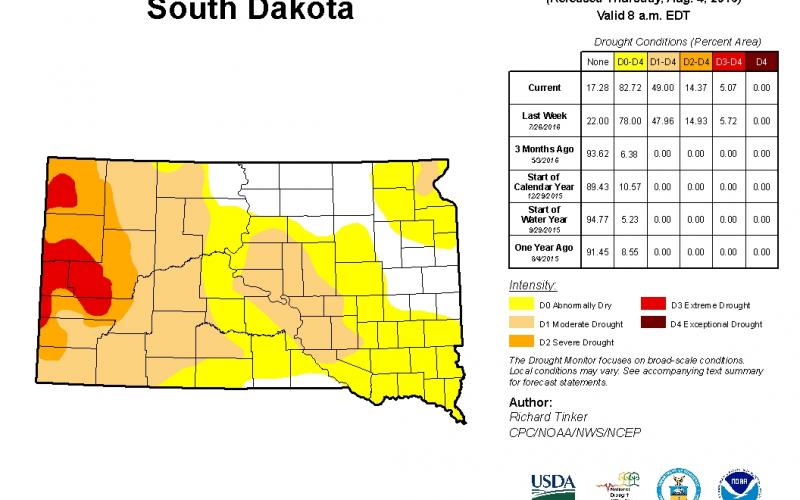
Water Conservation and Efficiency During Times of Drought
As drought conditions continue to expand across the state this year, more thought is given towards South Dakota’s limited water resources. We live in a state where weather conditions and rain patterns seem to comfortably exist at the extremes; we either have way too much or nearly not enough. While this isn’t always the case, it is important to keep in mind that our water resources are finite and all of us should be thinking about doing what we can to protect them.
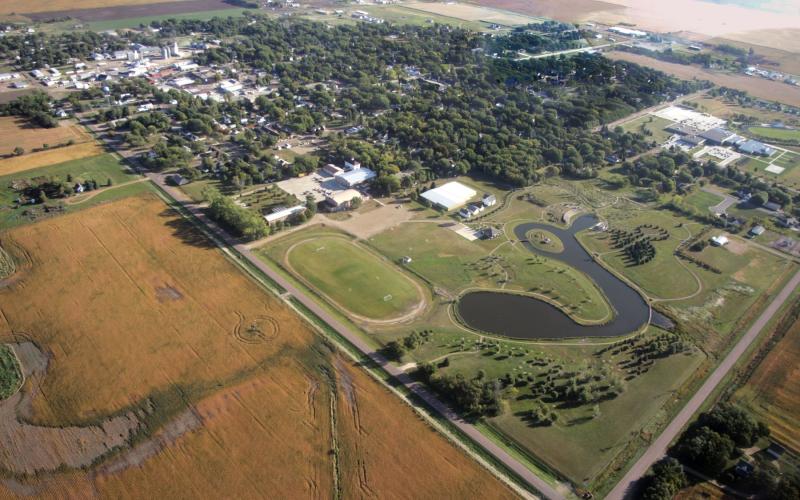
Home Starts Here
SDSU Extension’s Home Starts Here podcast seeks out the individuals, businesses, and ideas that are sparking vibrant communities in South Dakota.
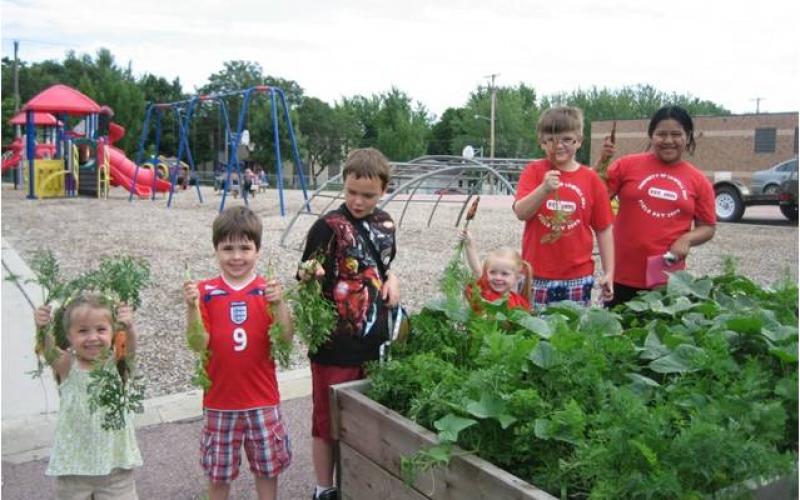
Ages & Stages in the Garden: 4-5 year olds
If considering a garden-based learning program for four to five year-old it is important to understand some of their developmental characteristics prior to planning your program. Young children’s abilities will differ greatly from older youth.
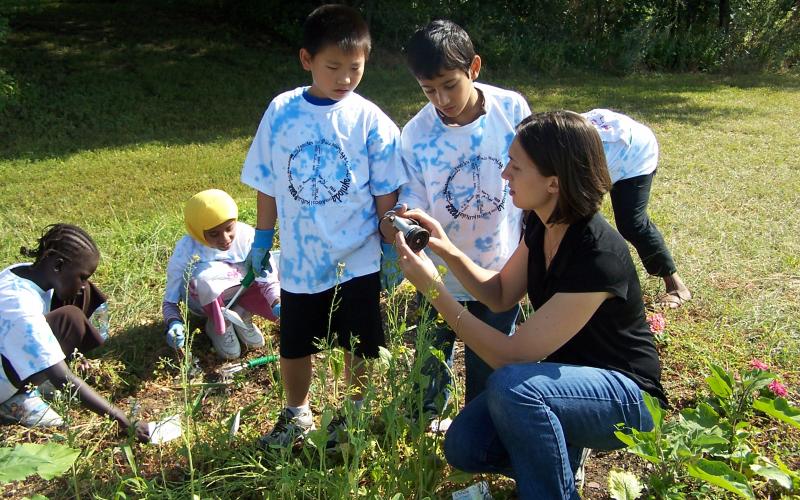
Ages & Stages in the Garden: Ages 9-11
When working with upper elementary youth in a garden consider their physical development and skill level as you develop learning activities. Nine to eleven year olds have better coordination and reaction time by this age, however sometimes dues to growth spurs there can be short-term issues with balance and coordination. Additionally, these children have more body strength and their hand dexterity has increased.
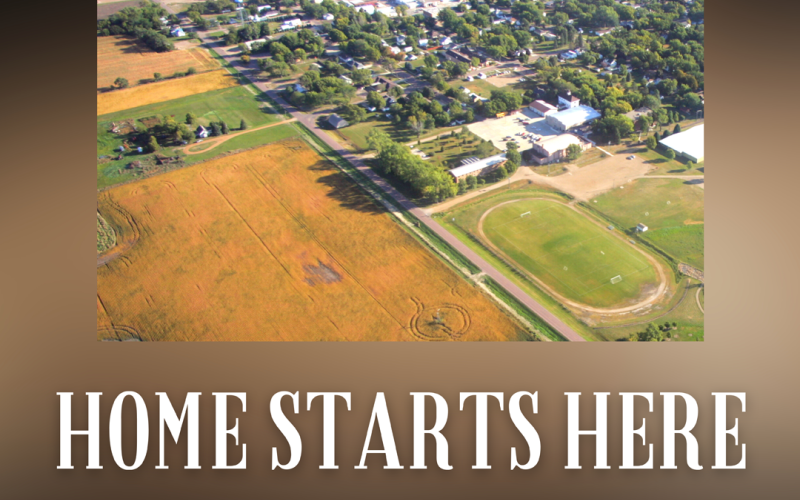
SDSU Extension Community Vitality launches new podcast, ‘Home Starts Here’
December 18, 2023
The South Dakota State University Extension Community Vitality team is proud to announce the launch of their new podcast, "Home Starts Here". For its fourth episode, there will be a live recording of “Home Starts Here” at 1 p.m. on March 25 at the Heritage Hall Museum complex during the 2023 Schmeckfest festival in Freeman, South Dakota.
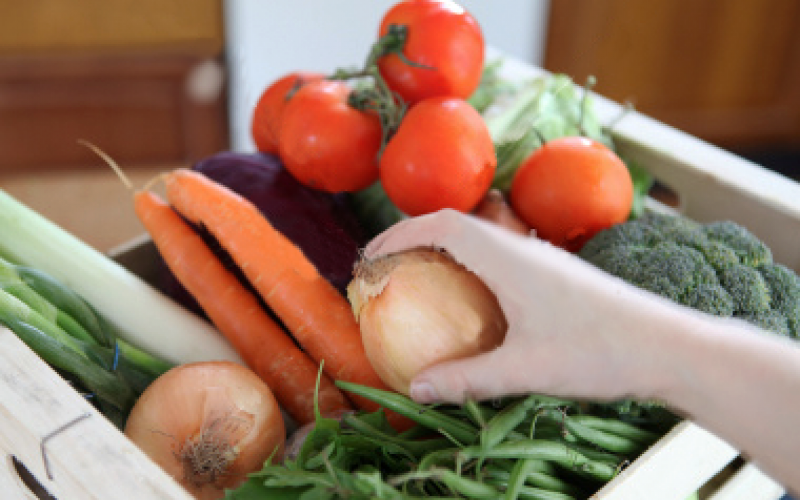
CSA Benefits: A Consumer Perspective
Community Supported Agriculture (CSA) programs can offer a wide variety of benefits to consumers.

Board Fundamentals: Setting the Foundation
Effective meetings, clear procedures, and strong leadership are key components of a successful board foundation. Learn some expert tips for building and maintaining a highly effective board in your community.
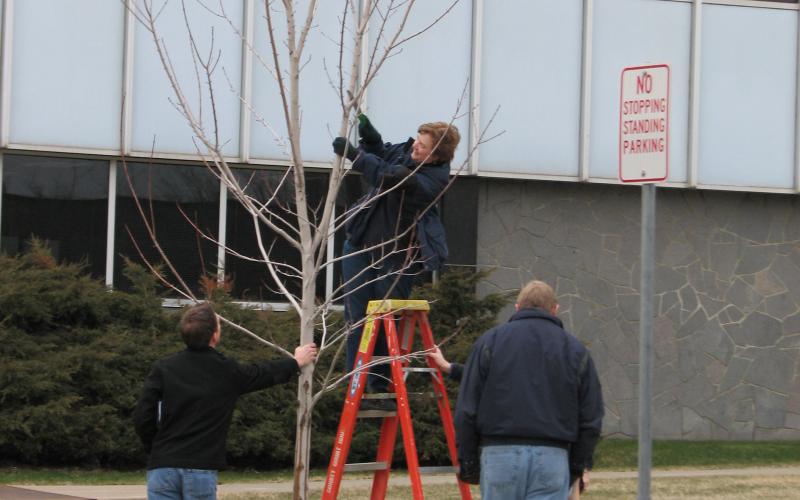
Garden Clubs & Associations
Novice gardeners and master gardeners share a love of and respect for nature, which is one of the many reasons why they naturally seek out like-minded individuals to organize clubs or associations.
Understanding Your Credit Score
A credit score is an assessment of your creditworthiness. Lenders use the credit score to determine whether or not to lend to you, what the interest rate will be on the loan, and other terms that impact the cost of credit for the consumer.

Predatory Lending & Alternative Financial Services
Predatory lending is an action that targets consumers who are in a vulnerable financial situation in which money is needed quickly to take care of a financial emergency.